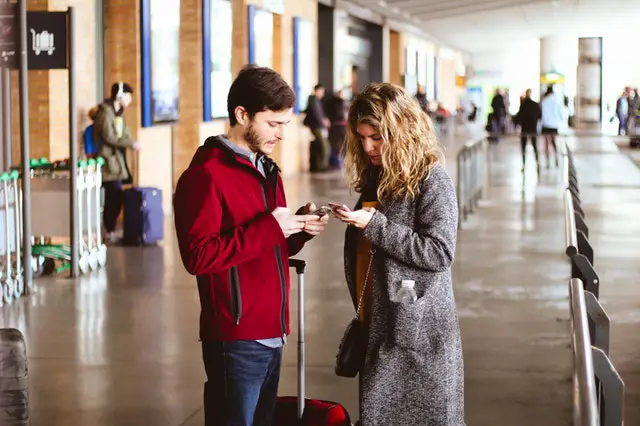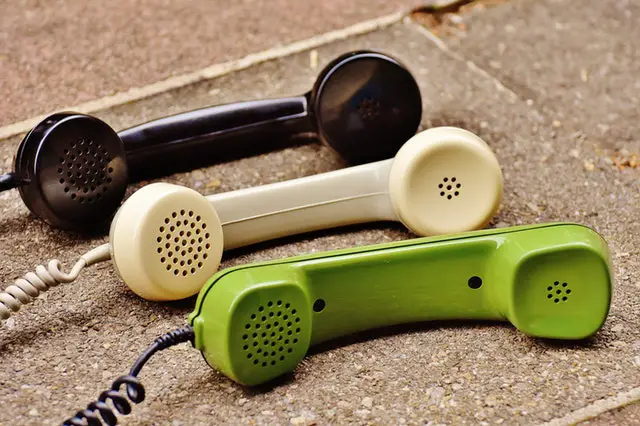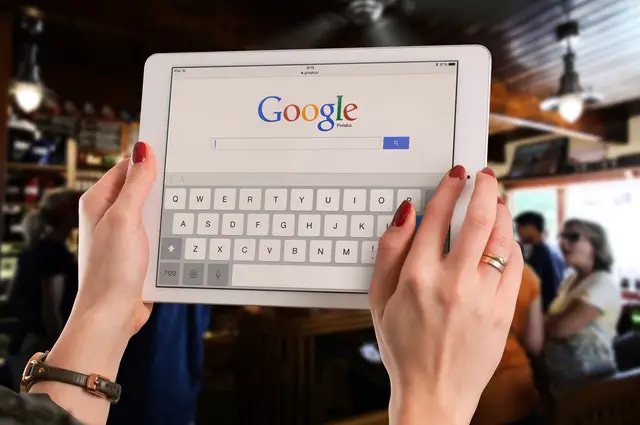
What's a VPN and the Top 10 Reasons You Need One
Posted June 4, 2018, 9:22 a.m. by Serina RajagukgukThe big bad internet has become less and less private.
From the Facebook scandal of the century to the US Senate vote that allows ISPs to sell your browsing history; you're right to feel that you have less to none protection on the internet.
(Sidenote question: did the inventors of the internet know that one's browsing history would become a sought-after commodity?)
However, forgoing the internet for good seems a bit radical, right? We won't, and neither do we need to.
There's a surefire way to guarantee your digital security and privacy, and that solution is a VPN software.
What's a VPN?
A Virtual Private Networking has all the goodies that are included in the name.
It gives you a layer of security blanket that will avoid anyone from intercepting you. VPN has gained traction this past decade since the need for virtual privacy keeps on rising.
This is how it works:
- Usually, when you browse the internet, you send inquiries to your ISP server, which then continues it to the server of the website you're going to.
- With VPN, the data is sent through an encrypted connection (often called a "VPN tunnel") to the VPN server. This tunnel is infamous for being a safe and secure passage for sending and receiving data.
- The data you're sending will also be encrypted. So, if by any chance someone still manages to intercept and hack you, they won't be able to "read" the data.
- It gives you another façade ISP to make it look like you're coming from another computer at another location.
Now, you may be thinking:
"Eh, I'm an honest citizen doing honest things on the internet. I don't need a VPN."
We're sorry to tell you this, but you're wrong. Everyone and their grandma needs a VPN service, and after reading this list below, you'll agree with us.
Top 10 Reasons You Need a VPN
You're probably right: no one is trying to hack you. Plus, you may not use the internet to do multimillion-dollar transactions, so what's there to hack?
The thing is, it's easy to fall into the false feeling that all your private information is safe. For one, not even your browsing history belongs to you! Just sit there for a while and think about the enormity of this breach of privacy.
As we use the internet almost every single waking moment, we, subconsciously and unwillingly, share a huge amount of private information.
I don't know about you, but I would really like to keep my info that: private.
1. To stop Google from "owning" you
You may not know this, but Google knows you better than your mom.
Google DOES keep track of your search history. If you use Google from finding a recipe to asking an embarrassing medical question - Google knows what you're up to.
Not only that, here's what Google knows about you:
- your location
- the links you click (ads and everything else)
- the pages you read - or leave at once
- your search pattern
- the images you look at and the videos you watch
Oh, and by the way, all of the other search engines do this too.
If this starts to make you feel uncomfortable (and the list is not even finished yet), you should get a VPN. You'll have your IP address masked, and this means your searches are as private as you want them to be.
2. To stop your ISP from taking advantage of you
First, you pay your ISP with your hard-earned money to provide you with a service, which is great.
But then, they get your browsing history for free and can legally sell it to marketers. And they, then, make more money out of you. Where's the fairness in that?
By using a VPN, your browsing history is cloaked, so your ISP cannot get and resell it to a third party.
3. To go around certain restrictions
When you're using a connection provided by your school/office, there may be some websites you cannot access in the name of 'boosting productivity/concentration.' The list of banned websites can include social media, YouTube, video streaming sites, and so on.
We don't have to tell you that this gets really frustrating fast.
Guess what! A VPN can take care of that for you since you won't have the IP address attributed to your school/office!
4. To counter government censorship
We're in 2018, and some governments still try to control what their citizens know or don't know (for example China). Aside from blocking specific websites, the government can also limit your internet usage (gasp).
What to do when living/traveling to such countries? VPNs are the answer to your prayers.
With a VPN, your connection will seem like it's coming from another geographical location. This means you can access any website you want.

5. To be completely secure when using public WiFi
Do you have to use the airport WiFi from time to time? How about hotel's WiFi? And Starbucks?
Free, public WiFi is convenient, but not without risk. Since it's shared with so many people, your risk of having your private info stolen also increases (think log in credentials).
If you have a paid VPN installed on your device, your data is encrypted. So this eliminates the risk to ensure you can surf safely, even when using public WiFi.
6. To download files from BitTorrent
BitTorrent has a bad rep since many people use it to download copyrighted materials. This is why many (if not most) ISPs in many regions prohibit you from accessing it. This is also the reason why some governments watch activities in BitTorrent closely.
BUT, there are tons of resources that are 100% legal to grab there, too! Plus, sometimes, on BitTorrent, you can find files so rare that could help your research or thesis or whatnot.
What to do, then? VPNs can remedy this situation.
7. To access Netflix
Okay, this may sound like a less important reason than the other six above.
But good entertainment should be possible anywhere, right? Sadly, no.
Media streaming providers (Netflix, Hulu, etc.) limit their content diffusion to a handful of countries only. It's the same thing with big TV channels and their "replay" programs on their website.
This ain't fair. But thankfully, with a small investment, VPNs can solve it for you.

8. To secure VoIP calls
Calling by the internet is super cheap (if not free) nowadays.
But did you know your VoIP calls can get intercepted by people who have no business of listening to your conversation? Yep, hackers with decent skill can do this, making your private calls not so private anymore.
With a VPN service, your calls and video calls are secure and risk-free.
9. To be anonymous on the internet
We know you only do legal things on the internet, but there are many reasons to want to be anonymous.
For example, if you're a journalist working on a groundbreaking story. Or, a businessperson trying to gain insight into what your competitors are doing.
As we've explained before, a VPN software will mask your IP address, making you invisible when browsing the internet. People won't be able to track your traffic back to you.
10. Because virtual privacy should be is a fundamental human right
Look, we get it that this is not a human right yet. The internet is a relatively new thing, and the whole digital security thing is unprecedented in the history of humanity.
But we believe that things must change. Some countries already recognize that accessing the internet is a right, why is it not the case with having our private information secure?
Legislations usually take years to see the day. In the meantime, everybody should take the matter into hand by getting a VPN service.
In Conclusion
Get a VPN service.
Have we convinced you yet?
Yes, there are a few downsides to the VPNs, including a slight loss in connection speed. But this is NOT always the case.
Many VPN providers can guarantee 0% packet loss but are still reasonably priced. You just have to find them. To make things easy for you, we have curated the list of the best VPN providers of 2018.
Pick one, and enjoy the freedom of browsing safely on the internet.

 Serina Rajagukguk
Serina Rajagukguk